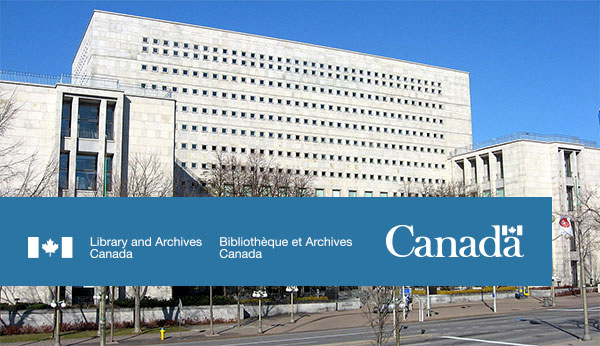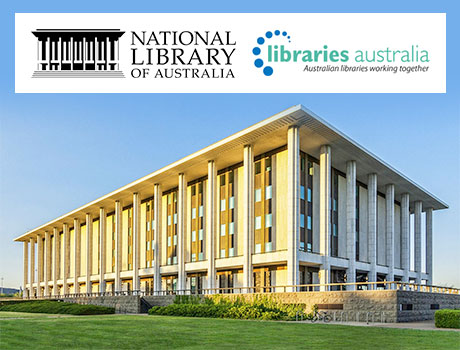Enable breakthroughs across the world or next door
No single library can hold every item its users may need, so libraries rely on the OCLC resource sharing network to lend and borrow resources locally, in groups, and globally. OCLC’s resource sharing network is the largest in the world, but our tools are scalable to meet your individual or consortial needs. Our automated interlibrary loan workflows help libraries quickly provide resources to their users. We make it easier for libraries to support one another and their users, no matter what type of resource is requested.








